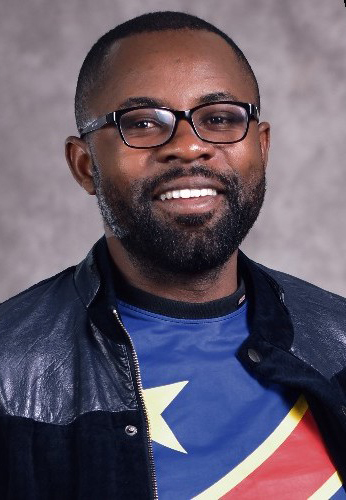What’s New at Campus Dining in Fall 2025?
As students, faculty and staff are welcomed back to campus for the fall semester, Campus Dining is celebrating upgrades at several of its retail locations and introducing a new, health-forward station at Ernie Davis, responding to student feedback about dietary…


